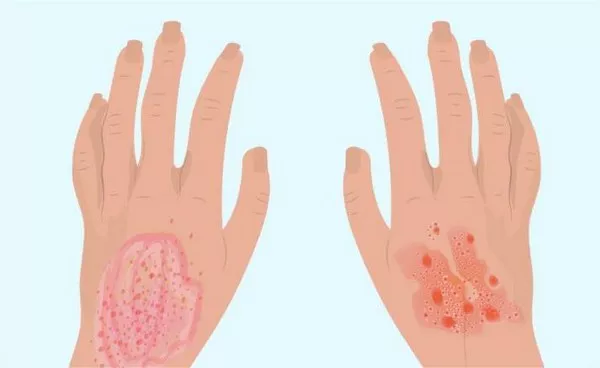High blood pressure, or hypertension, is widely known for its impact on cardiovascular health, but it also has significant effects on the skin. The skin, being the largest organ in the body, often reflects our overall health. Hypertension, a prevalent cardiovascular condition, disrupts blood flow and circulation to the skin, leading to adverse skin conditions.
Dr. Ritika Shanmugam, Consultant in Dermatology and Cosmetology at Manipal Hospital, Malleshwaram, provides insight into how high blood pressure affects the skin and how to manage these effects.
Understanding Hypertension
Hypertension is defined by a systolic blood pressure (BP) of 140 mmHg or higher and a diastolic BP of 90 mmHg or higher. In India, hypertension contributes to approximately 10.8% of all deaths nationwide, highlighting the urgency of addressing this condition.
Effects of High Blood Pressure on the Skin
Hypertension impairs blood flow and circulation to the skin, depriving it of essential oxygen and nutrients, which damages blood vessels. “Decreased blood flow to the skin impairs the skin’s ability to regenerate and repair after injury, leading to delayed wound healing, dryness, dullness, and premature wrinkles,” explains Dr. Shanmugam.
Dr. Shanmugam further notes that erythema, or redness, can result from the widening of blood vessels just beneath the skin’s surface, causing facial flushing in individuals with uncontrolled hypertension. Petechiae, small red or purple spots on the skin, can also appear due to vascular damage. Chronic severe hypertension can cause the skin to become thin, fragile, and easily susceptible to breakage.
Skin Reactions to Hypertension Medications
Hypertension can exacerbate skin conditions like acne and psoriasis, possibly due to immune dysfunction and inflammatory processes. Additionally, medications used to treat hypertension can have adverse skin effects:
- Beta-blockers can cause lichenoid, eczematous, and psoriasiform eruptions.
- ACE inhibitors may lead to pruritus, photosensitivity, hair loss, and urticaria.
- Serious drug reactions have been reported with antihypertensive medications.
Managing Skin Conditions Due to Hypertension
Effective management of hypertension is crucial for addressing associated skin issues. Dr. Shanmugam suggests therapies such as topical treatments and laser therapy to alleviate symptoms. Regular monitoring by a dermatologist is recommended for individuals on antihypertensive medications.
Preventive Measures
Preventing hypertension-related skin issues involves several lifestyle modifications:
- Stress Management: Practices like mindfulness and relaxation exercises can be beneficial.
- Physical Activity: Regular exercise supports overall skin health and helps control blood pressure.
- Dietary Adjustments: Maintaining a balanced diet low in sodium and rich in fruits, vegetables, and whole grains can mitigate skin-related hypertension effects.
- Avoidance: Refraining from smoking and excessive alcohol consumption benefits both skin and cardiovascular health.
- Weight Management: Maintaining a healthy weight through proper diet and exercise helps manage blood pressure and promotes healthier skin.
Understanding the link between high blood pressure and skin health is essential for comprehensive care. By managing hypertension effectively and adopting preventive measures, individuals can protect both their cardiovascular and skin health.
Related Topics:


























